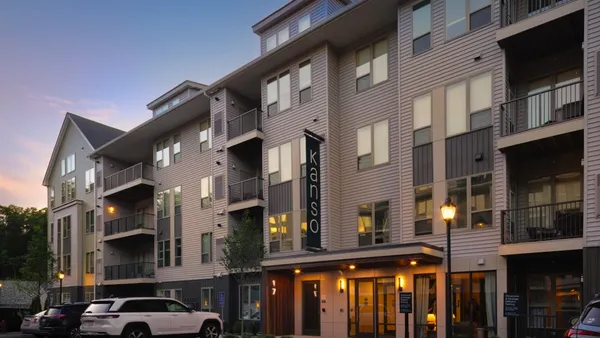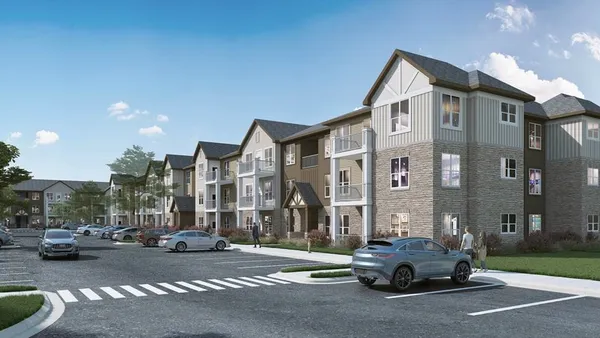At about 11:30 A.M. on Sept. 29, two masked men entered the leasing office at Rubicon Apartments in Houston’s Chinatown neighborhood. They held the leasing office worker and a resident at gunpoint, tied them up and then searched the office, shouting and demanding money, as seen in security camera footage on local news outlet KTRK-TV.
The robbers, who have not been caught, took thousands of dollars in cash rent payments kept in the office, as well as wallets, phones and credit cards. No serious injuries were reported, and the worker was able to escape from the zip ties and call 911 after the intruders left.
Preventing a similar situation should be an important consideration in a property’s security plan. Because leasing staff often work alone and sometimes in the evenings, they are potential targets for criminals.
Here are a few recommendations for preventing crime and keeping prospective tenants, renters and employees safe during the leasing process.
Secure the premises
First, the leasing office area should have a security camera set up if it doesn’t have one already, according to Brent Sobol, founder of Orlando, Florida-based crime-free housing best practices educator Legacy Community Housing Corp. “HD cameras are the No. 1 [safety] tool,” Sobol told Multifamily Dive.
Installing a video doorbell on a door that locks is another good idea, according to Paul DelPonte, executive director of the National Crime Prevention Council. This allows office staff to screen visitors and choose whether to let them in.
“[Cameras] could in fact deter someone from going inside in the first place,” DelPonte told Multifamily Dive, “and certainly provides local law enforcement with an added tool to help quickly apprehend a culprit.”
Visibility
Another consideration is the location of the leasing office, and whether it is clearly visible from the street, allowing for witnesses to any given situation. A solution is to make sure that leasing offices have plenty of doors and windows for general visibility of events inside, according to Sobol.
Ask for help
For security recommendations, owners can also contact the local police department’s crime prevention unit. “You can ask them if they can have an officer come out and do a safety check around the property,” DelPonte said, “and see if there's anything specific they might want to recommend as well.”
Cashing out
In response to the incident at Rubicon Apartments, the property’s owner, L & Yz LLC, will be moving to an online billing system and no longer accepting rent payments in cash, according to KTRK-TV.
DelPonte recommends that offices minimize the amount of money that is kept on hand, including requiring rent payments in forms other than cash. A sign in the leasing office stating that there is no or very little money kept on the premises is another good option.
“Offices should take a look at ways they can design out crime,” said DelPonte, who noted that this also applies to any on-site office, including membership or pool sites.
Play it safe
During encounters with unknown potential residents, it’s important to ask for valid identification from all parties, according to a National Apartment Association safety fact sheet. The leasing agent should ensure that other members of the office staff see the prospect, know where they are going and keep in communication while a tour or meeting is happening.
Tour guide
During the tour, agents should never turn their backs on a prospect — the NAA refers to this strategy as “leading from behind,” which can prevent being caught in small spaces or behind closed doors.
Defuse the situation
If the worst comes to pass, it’s important for leasing office staff to know how to handle situations like robberies properly.
“The No. 1 rule we always give is that if you’re in a dangerous situation, don’t resist — comply,” DelPonte said. “Don’t be a superhero. Give them what they want. You can always replace things, everyone has insurance. There’s nothing but human life you can’t replace.”











